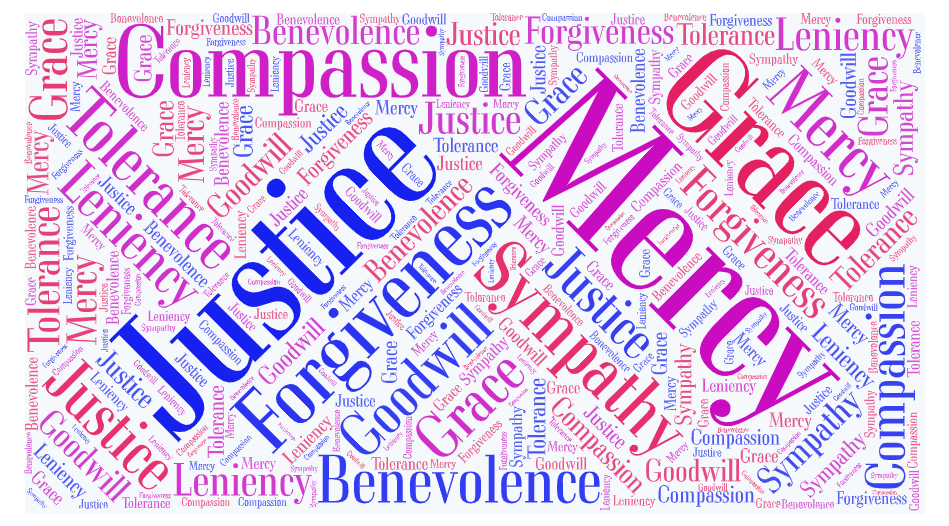by Rev. Aaron Payson

There is an old story told among Zen teachers. Once upon a time there was a family, the relatives of a poor sick samurai, who were dying of hunger. They approached Eisai’s temple, and the good monk there took the golden halo off the image of Buddha and gave it to them, telling them to go and sell it and buy food for themselves and find shelter. When others heard about it, there was the cry of “Sacrilege!” What reckless and dangerous behavior! What kind of precedent was set for the temples!
But the monk calmly reminded them of the story of the Chinese master Tanka, who burned a wooden image to warm himself. And he preached to them: Buddha’s mind is full of love and mercy. If the Buddha had heard the plight of these people, why, he would have cut off a limb if that would have helped them in their pain! What’s a halo or anything else that’s available in the face of a human being’s suffering and need? (Source: https://www.spiritualityandpractice.com/quotes/quotations/view/23652/spiritual-quotation)
Our Touchstone Ministry Theme for February is “mercy”. The author Megan McKenna relates the Buddhist story teaching mercy which is in this context the act of recognizing suffering and bringing whatever is necessary to alleviate suffering to bare, even that which is most reverenced. For that which is symbolic of holiness fades in power in the presence of suffering unabated. Power, is in what such symbols reflect and it is in acting on that essence of the symbolic that the symbol gains its power, even in its absence.
The concept of mercy comes to us from its origins in Latin (Merx, mercis) which meant “wares or merchandise” which was transformed in the medieval Christian Church to mean a heavenly reward earned from acts of kindness for which there is no requital. What was once a reference to wages, wares and reward becomes an act of divine thanksgiving and grace.
Today the definition of mercy takes yet another turn as it is now fundamentally understood as an act of compassion or forgiveness toward another who the merciful one has the power to punish. Mercy, which was once the recognition of the power to relieve suffering becomes a description of the power to restrain from punishment.
Let’s go back to the origin of the word and its intent as a means of sharing the power that we have to alleviate suffering. In a bruised and hurting world, we are all in need of opportunities to give what we have in service to human wholeness and holiness. Hear the words of the Sufi Mystic Rumi.
A dragon was pulling a bear into its terrible mouth.
A courageous man went and rescued the bear.
There are such helpers in the world, who rush to save
anyone who cries out. Like Mercy itself,
they run toward the screaming.
And they can’t be bought off.
If you were to ask one of those, “Why did you come
so quickly?” He or she would say, “Because I heard
your helplessness.”
Where lowland is,
that’s where water goes. All medicine wants
is pain to cure.
And don’t just ask for one mercy.
Let them flood in. Let the sky open under your feet.
Take the cotton out of your ears, the cotton
of consolations, so you can hear the sphere-music. . . .
Give your weakness
to One Who Helps.
Crying out loud and weeping are great resources.
A nursing mother, all she does
is wait to hear her child.
Just a little beginning-whimper,
and she’s there.
God created the child, that is, your wanting,
so that it might cry out, so that milk might come.
Cry out! Don’t be stolid and silent
with your pain. Lament! And let the milk
of Loving flow into you.
The hard rain and wind
are ways the cloud has
to take care of us.
Be patient.
Respond to every call
that excites your spirit.
Ignore those that make you fearful
and sad, that degrade you
back toward disease and death.
(https://www.spiritualityandpractice.com/book-reviews/excerpts/view/28530/delicious-laughter)
Blessings,
Aaron
